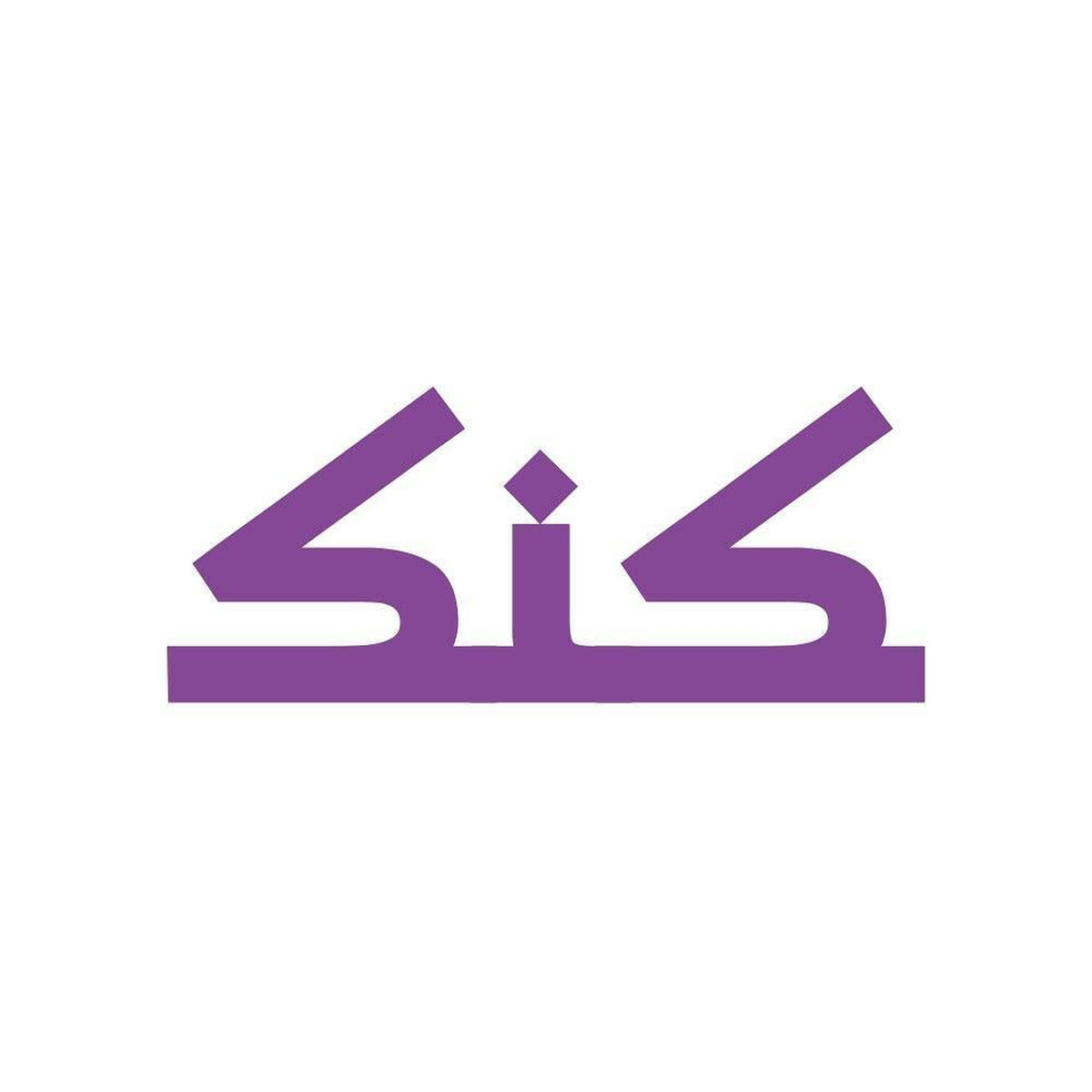PUTRAJAYA: The appeal by Sisters in Islam (SIS) Forum (Malaysia) does not concern the substantive beliefs in the religion of Islam, its mandates or doctrines relating to the Islamic faith but relates to the exercise of legal powers by certain state authorities, says the Federal Court in its judgment.
Chief Justice Tun Tengku Maimun Tuan Mat said the challenge only concerned the review of the Selangor State Fatwa Committee, the Selangor Islamic Religious Council (MAIS) and the Selangor government’s exercise of certain powers under the law, which is distinct from the substance and contents of their decisions.
“While it concerns a certain fatwa (religious edict), the case has neither to do with the substantive beliefs held in the religion of Islam nor does it have anything to do with the administration of the substantive aspects of the religion of Islam,” she said in the 40-page majority judgment.
The top judge said in all civilised democracies with independent judiciaries, it is routine for the executive’s decisions to be subjected to judicial review and in most cases, the subject matter of the exercise of discretion in the plaint is not the main issue rather the manner in which the decision was made.
On Thursday, the Federal Court bench, in a 3-1 majority ruling, held that the 2014 fatwa issued by the Selangor State Fatwa Committee and gazetted by the Selangor state government is valid, but only insofar as it applies to individuals, not companies.
The court ruled that a fatwa cannot be imposed on an organisation like SIS Forum as it is not capable of professing a religion.
The ruling partially allowed the appeal by SIS Forum and its co-founder Zainah Mahfoozah Anwar to quash the 2014 fatwa, which had declared the group as deviating from Islamic teachings.
In the written judgment released on the judiciary’s website, Justice Tengku Maimun explained that the Selangor state government and the religious bodies are part of the executive branch and are empowered by the Federal Constitution and laws passed by the Selangor State Legislative Assembly (SLA).
“The fact that they deal with matters pertaining to Islamic faith, dogma and doctrine – are beside the point and these matters are, in any event, not within our purview (of the Civil Court),” she said.
Justice Tengku Maimun said that under Article 121 (1A) of the Federal Constitution, the Shariah Courts have exclusive jurisdiction over matters within their scope. However, if the Shariah Courts act beyond their jurisdiction, they remain subject to judicial review by the Superior Courts.
She reiterated that SIS Forum’s legal challenge did not question the contents of the fatwa but the way it affected them.
This, she said, involved constitutional importance and administrative law, which is for the Superior Courts to determine.
The Chief Justice also reminded all judges that judgments of the Federal Court, unless overruled by a later decision of the same court, are binding and failure to abide by them is an affront to the administration of the justice system.
In the judgment, Tengku Maimun also said a fatwa, once gazetted, carries the force of law and is not mere suggestion, and it is binding on all Muslims in the state and the Shariah Courts.









